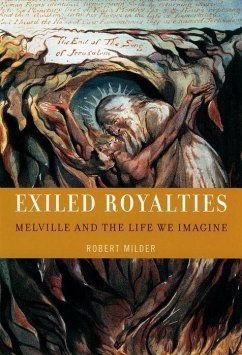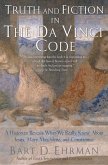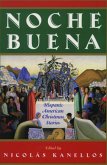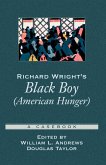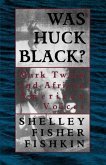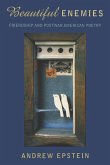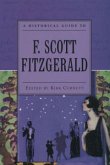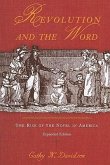Exiled Royalties is a literary-biographical study of the course of Melville's career from his experience in Polynesia through his retirement from the New York Custom House and his composition of three late volumes of poetry and Billy Budd, Sailor. The ten essays in the book are rooted in a belief that "Melville's work," as Charles Olson said, "must be left in his own 'life,'" which for Milder means primarily his spiritual, psychological, and vocational life. The
title essay takes its origin from Ishmael's account of "the larger, darker, deeper part of Ahab," Melville's mythic projection of his own feelings of emotional and ontological disinheritance. How to live nobly in spiritual exile-to be godlike in the perceptible absence of God-was a lifelong
preoccupation for Melville, who, in lieu of positive belief, transposed the drama of his spiritual life to literature. Exiled Royalties explores the ways in which Melville satisfied this impulse throughout his forty-five year career, how it shaped the matter and manner of his work, and how his writing, in turn, reflexively bore upon his private life and upon the life of the nation.
Hinweis: Dieser Artikel kann nur an eine deutsche Lieferadresse ausgeliefert werden.
title essay takes its origin from Ishmael's account of "the larger, darker, deeper part of Ahab," Melville's mythic projection of his own feelings of emotional and ontological disinheritance. How to live nobly in spiritual exile-to be godlike in the perceptible absence of God-was a lifelong
preoccupation for Melville, who, in lieu of positive belief, transposed the drama of his spiritual life to literature. Exiled Royalties explores the ways in which Melville satisfied this impulse throughout his forty-five year career, how it shaped the matter and manner of his work, and how his writing, in turn, reflexively bore upon his private life and upon the life of the nation.
Hinweis: Dieser Artikel kann nur an eine deutsche Lieferadresse ausgeliefert werden.
A magisterial work from one of our very best readers of Melville. Robert Milder's beautifully written essays illuminate Melville's views on history, politics, sexuality and religion. But most importantly, they illuminate the grand reach of Melville's tragic art. Robert Levine, University of Maryland.

